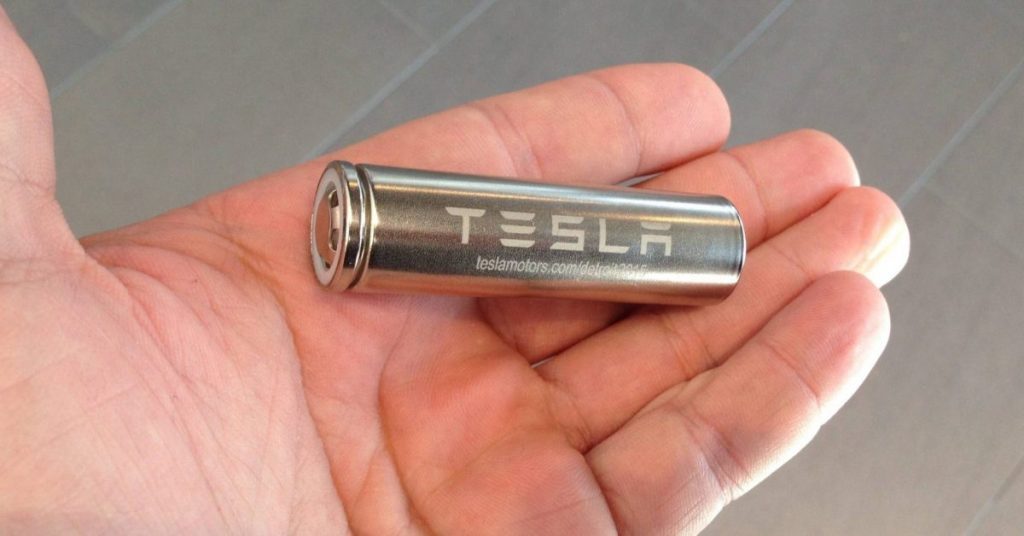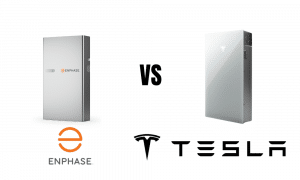What is the life expectancy of a residential solar battery? Do solar batteries last as long as solar panels in Australia? How do you know when to replace your solar battery? These questions have been asked by many Australians looking to increase their independence from the grid. There are numerous factors that can affect how long your battery will last; the useful life of the battery, warranty, and how often you cycle the battery all play an important role in determining how long your battery will provide reliable performance. In this article, we will provide some insight into the above questions.

How long do solar batteries last?
As with any product, batteries degrade over time. This is a natural process and unavoidable. A solar battery could last anywhere between 5 – 20 years, however there are many variables that affect this. The expected life of a battery can be broken into two primary definitions – ‘useful life’ and ‘warrantied life’.
Useful life of the battery: You can only use a solar battery a certain number of times before it reaches the end of its ‘useful life’. A battery is typically said to be at the end of its useful life when it fails to meet around 60% of its nominal storage capacity. The battery may still be able function at lower percentages, but it likely will not provide enough charge to meet your requirements.
Warrantied life of the battery: The warranty of your solar battery is the length of time that your battery is guaranteed to perform under normal conditions. The warranty period is determined by the brand and model of solar battery you purchase, and could be anywhere between 10 – 20 years, with most set at 10 years from the date of installation. Typically, a warranty period for solar batteries will expire once it meets one of three conditions:
- Warranty period date expires
- Exceeds maximum cycle allocation
- Energy throughput (total amount of energy that passes through your battery) capacity is reached
Not all warranties follow the same framework, so use the above as a guide only.
For best solar batteries in the market 2023, you can expect a minimum life expectancy of 10 years.

What factors influence life expectancy?
How often the battery is cycled: How often you cycle the battery is key to determining how long it will last. A cycle is when the battery fully charges and discharges once. The more you cycle the battery, the shorter its lifespan.
How often your solar battery cycles is determined by your daily energy needs and the size of the battery. The average Australian family home consumes 19KWh per day. Depending on the size of your battery and your night-time/early morning electricity needs, it may cycle between 1 to 2 times daily—sometimes less, sometimes more. To ensure a long battery life, it’s very important to appropriately size your battery to your energy requirements.
Type of battery: There are two primary types of solar batteries available on the market today: Lithium-Ion (Li-ion) and Lead Acid.
While both battery types can be found in home systems, Li-ion has become increasingly popular due to its smaller physical size, greater cycle life, faster recharge time and higher Depth of Discharge (DoD) than lead-acid batteries. The opposite of charging, a battery’s DoD reflects the amount of power the battery is able to discharge relative to its full kilowatt-hours (kWh) capacity.
A lead acid battery is typically the battery of choice for off-grid solar and storage systems, and can be found in both flooded (liquid electrolyte) or sealed AGM (Absorbed Glass Mat) styles. Lead acid batteries are less expensive than lithium ion batteries but have lower cycle lives before it reaches its estimated useful life.
Temperature: A battery’s environment and temperature greatly influence its performance. Operating at higher temperatures will naturally reduce a batteries life expectancy, however, operating in cooler conditions can also cause issues for some systems, especially lead acid storage solutions. A reputable battery storage installer will advise you on the best placement of your battery to mitigate temperature influences.
Maintenance: To make sure you get the most out of your solar battery, it’s important to perform routine maintenance. Learn how often and what kind of maintenance should be performed on a normal basis by your installer, who can also advise you on the best practices to keep your battery in optimum condition.
Do solar batteries last as long as solar panels?
The short answer is no – solar panels typically have a considerably longer lifespan than batteries. In fact, modern solar panels can last upwards of 25-30 years! It’s safe to say that you will need to replace your solar battery at least once or twice during the lifespan of you solar panels.
How do I know when my solar batteries need replacement?
While reaching the useful life and/or warrantied life of a solar battery is usually reliable indicator for replacement, there are a few tell-tale signs that your battery needs replacement. These signs include:
- Reduction in battery capacity to the point it no longer meets your energy demands
- Elevated self-discharge (i.e. energy leakage) rates and shorter cycle lives
- Battery failure or system malfunction
If you encounter any of the above issues, it’s likely time to say goodbye.
Getting the right battery for your needs
When purchasing solar batteries, it’s important to get the advice of a qualified and experienced installer. A good installer will guide you through the right options for your lifestyle needs and budget requirements, ensuring that your home system is designed with durability in mind.
Pay close attention to warranties and guarantees on battery replacement, and ensure you purchase your batteries from a reputable solar installer.
Energy Matter’s works with a nation-wide network of trusted solar and storage battery installers who have the experience and know-how to optimise your transition to greater energy independence. Receive up to 3, free no-obligation solar quotes from installers in your area today.
Want an estimate of your system size, performance, and savings potential? Our free solar power and battery storage calculator is simple to use! Just enter your postcode and average daily power consumption in kWh. The solar calculator will then generate useful estimated performance information that can help you decide what solution is best for you.
Updated February 2023











































